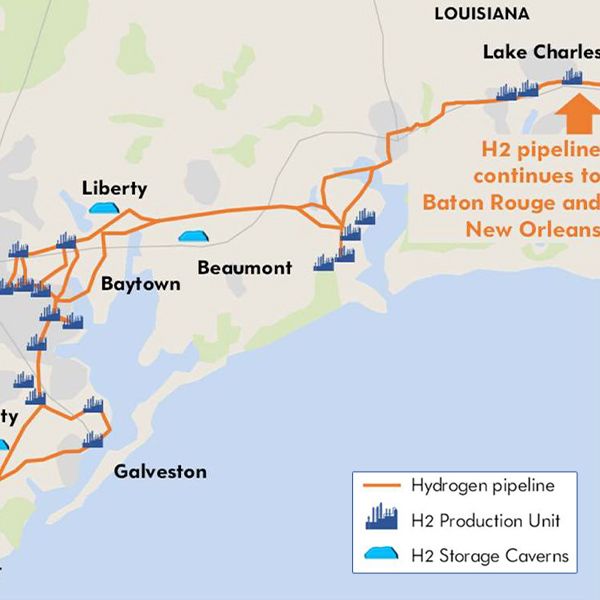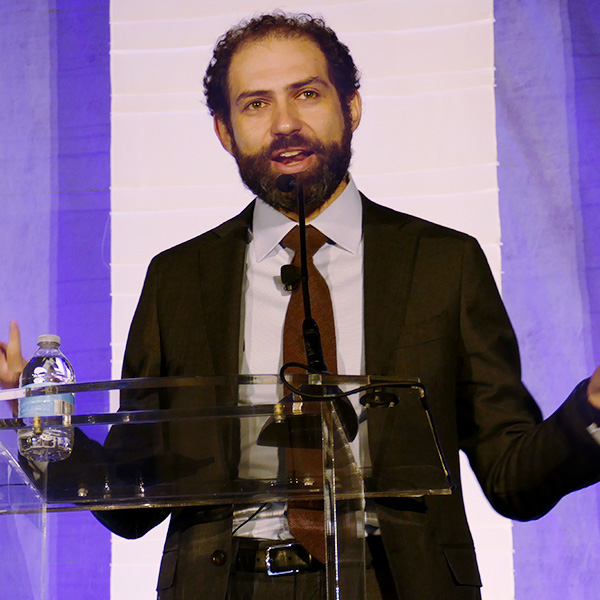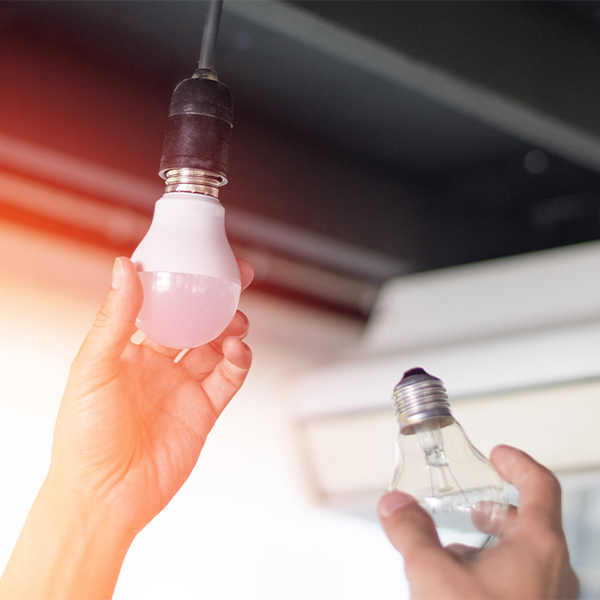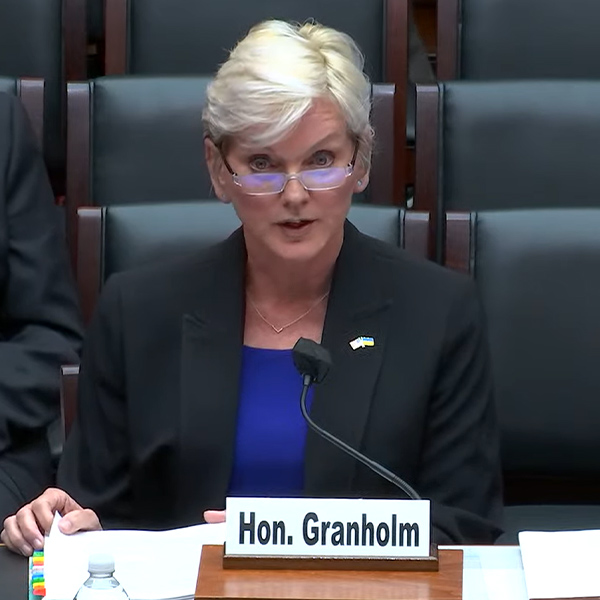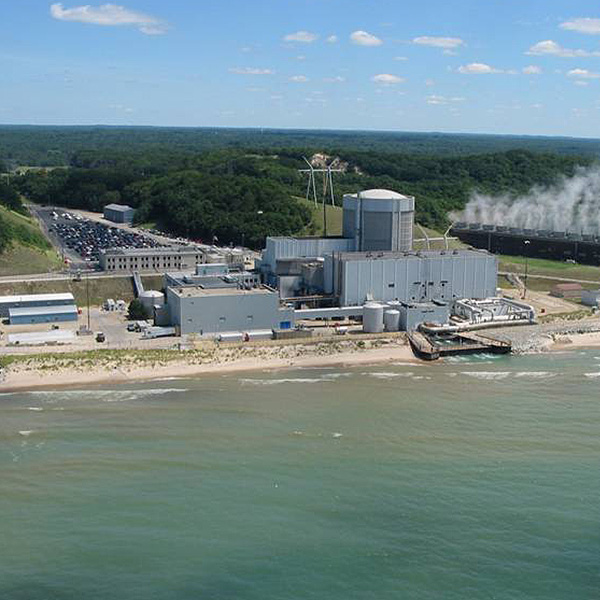U.S. Department of Energy (DOE)
A new report suggests that Houston should become the “epicenter” of a federally funded hydrogen hub stretching from the Texas Gulf Coast into Louisiana.
A new federal lab designed to speed up research into grid storage technologies should be up and running by the fall of 2023, barring supply chain issues.
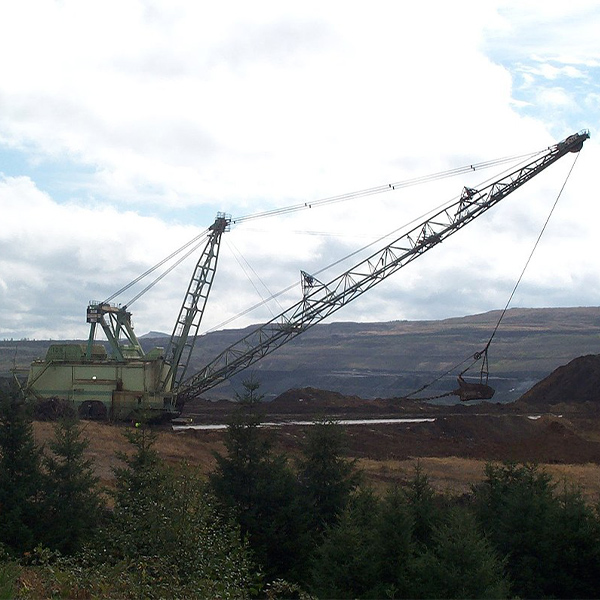
Erichwtl, CC BY-SA 3.0, via Wikimedia Commons
Fortescue Future Industries is exploring the potential of converting a disused coal mine in Washington state into a facility for producing green hydrogen.
A Canadian-U.S project delivering clean power from Quebec to Massachusetts has been stymied by Mainers opposed to the construction of a transmission.
DOE is seeking comment on how it should implement the “anchor tenant” and revolving loan transmission programs created by the bipartisan infrastructure law.
DOE is dedicating $3.1 billion to support development of new plants for battery material processing, focusing on materials such as lithium and graphite.
The U.S. Department of Energy issued new energy-efficiency standards for light bulbs that will effectively phase out incandescent bulbs by July 2023.
Energy Secretary Jennifer Granholm said the United States will boost its liquified natural gas exports to 15 billion cubic feet per day by the end of the year.
Entergy says it is on course to shut down its Palisades nuclear plant, despite DOE's $6 billion program to prevent the early closure of nuclear plants.
The Biden administration is aiming to convert gray hydrogen into “blue” hydrogen by investing billions of dollars to fund new carbon capture technologies.
Want more? Advanced Search
